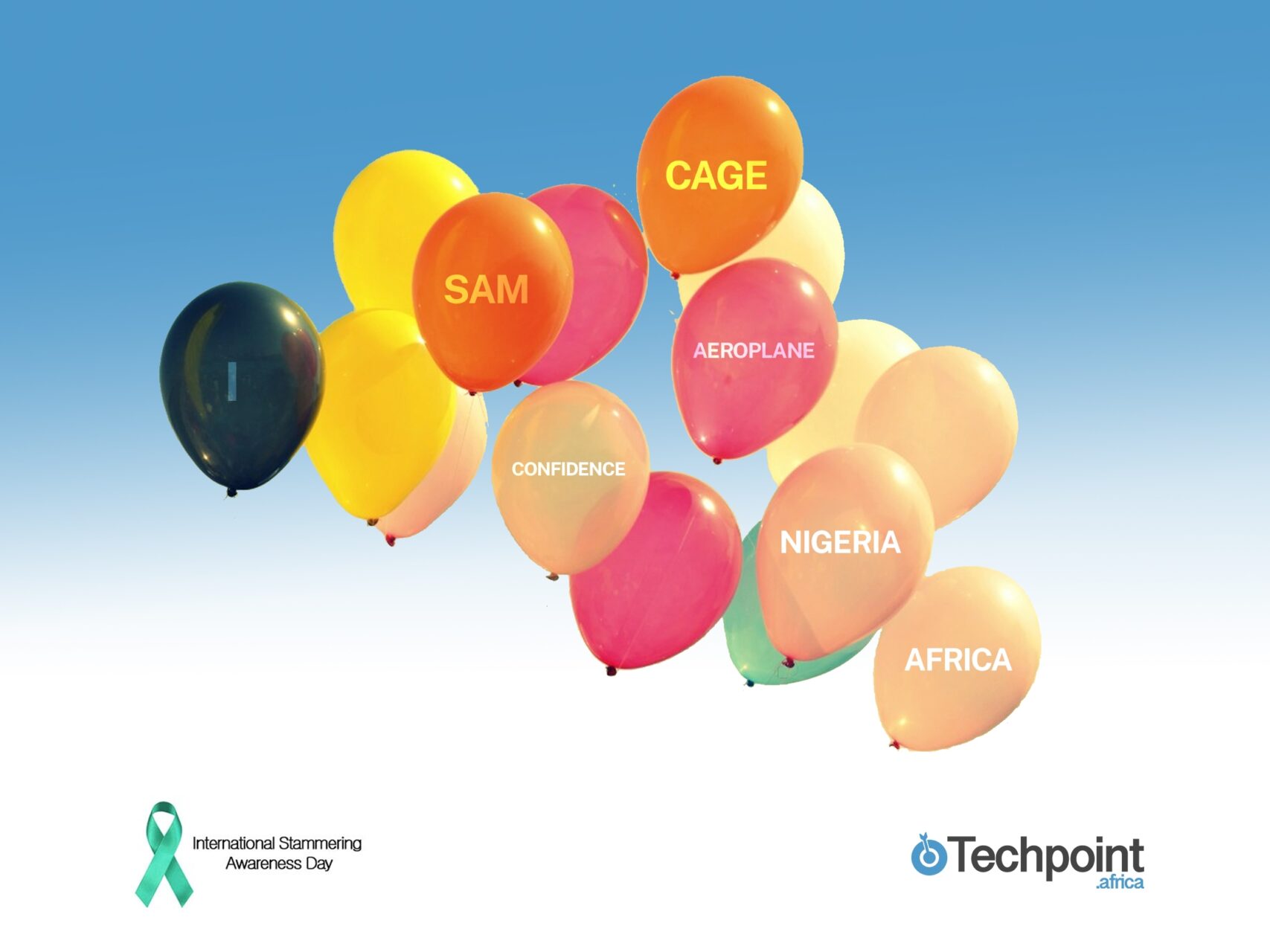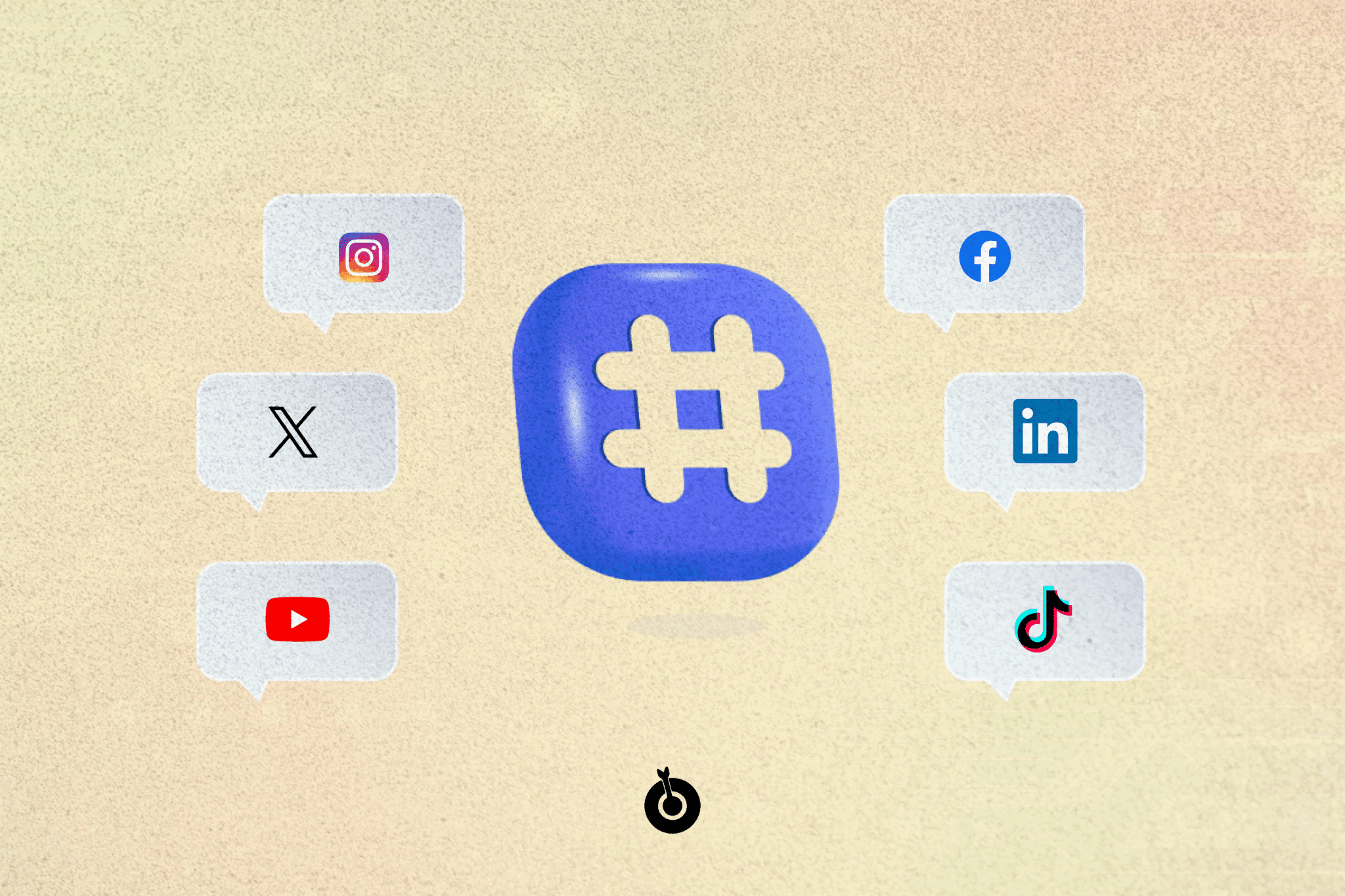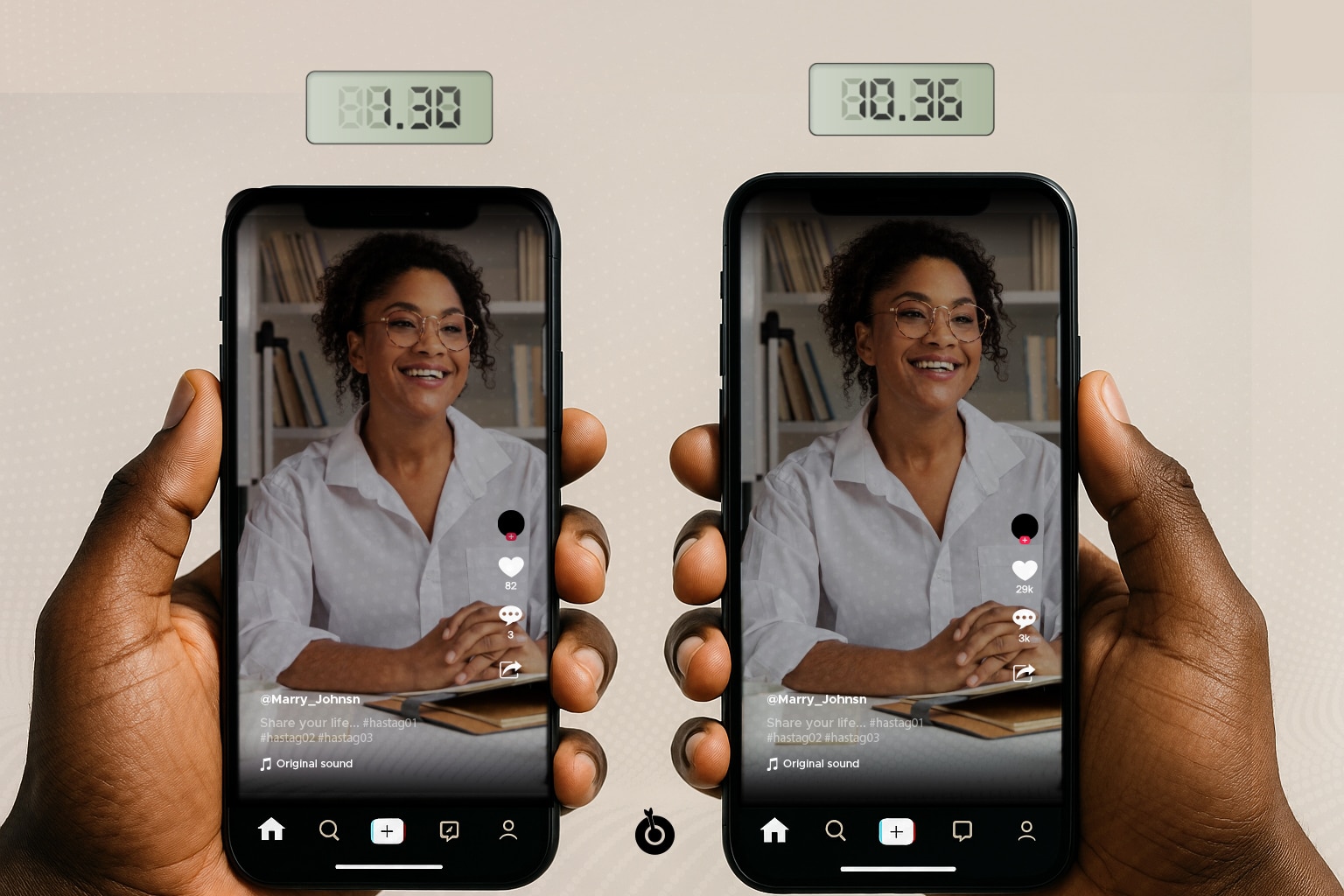As I spoke with Charles Isidi — a growth marketing expert and digital media and marketing communications professional — over the phone, both of us stuttering to varying degrees as we discussed stuttering, words from a 2001 R&B song came back to me.
Without bogging you down with details, the chorus goes, “I can tell you’re lying, because when you’re replying, stutter, stutters, stutter, stutters.”
Lovers of R&B know that in the rest of the song, Joseph Lewis Thomas, known mononymously as Joe, suspected his partner was cheating on him. Yes, he smelt cologne. Yes, she didn’t pick up when he called. But, his strongest point was that she stuttered when answering his questions about her whereabouts.
And therein lies a major misconception: people stutter when they are lying. Twenty-one years later, the chorus of that song still forms the basis of many people’s interactions with stutterers.
As someone with a slight stutter, I’d be irked if people conclude I’m fibbing because I can’t get my words out coherently or quickly enough (for them). And I don’t think I’m alone.
Sadly, being branded a liar because of a stutter is just one of the issues we stutterers face.
Stuttering in a tech-enabled world
One can be forgiven for thinking that there is a tech solution somewhere that does away with stuttering. Stuttering has no known cure, and the best technology can currently do is what therapy does — treat or manage the condition like other speech defects.
People can get the most out of treatment if they address stuttering early enough — preferably as children. Treatment at any age seeks to improve speech fluency while simultaneously building the stutterer’s confidence, thus helping them participate in school, work, and social settings.
Expectedly, tech interventions exist, with many applications — Balbus Speech, Smarty Ears, and Stamurai (I like this name), to mention a few — for smartphones and tablets to help people with stuttering.
Stamurai, for instance, is a mobile app available on Google Play Store and the App Store. With the app, people learn and practice speech therapy exercises for stuttering. The best result they can get, however, is improved speech control.
In a world where social media is the go-to for content, many creators generate content from people’s challenges for their jokes. Mildly put, this is insensitive and hurtful, and Charles strongly believes that people should be kinder to not only stutterers but everyone dealing with a disability.
Numbers don’t lie
According to The Stuttering Foundation, stuttering affects 1% of the world’s population; depending on what global population you accept, that’s 78 or 79 million people.
Per a paper on the International Stuttering Association website titled, Increasing Stuttering Awareness in Africa, 11% of children in Africa — nearly 6.5 million — of pre-school age (between 2 and 5 years of age) stutter. About 20% or 1.3 million of these children are at the risk of developing chronic stuttering in adult life, and approximately one million school-age children and over ten million adults stutter in Africa.
Science trumps mythology
Across Africa, traditional beliefs about stuttering abound, varying from one location to the next.
In South Africa, for instance, stuttering is believed to result from leaving a baby out in the rain, failing to inform ancestors of imminent childbirth, emotional trauma, and tickling a baby too much, among others.
The remedies for stuttering in these circles border on the hilarious, from standing in front of a mirror and speaking to oneself, to eating a fruit pecked by a bird, and maintaining correct posture, to mention a few.
Thankfully, science has provided clarity — for those ready to accept it — about the causes of stuttering.
According to DoSomething.org, stuttering (or stammering, if you will) is a speech disorder that breaks up a speaker’s flow of speech. A biological and neurological condition, it is caused by one or more of four possible triggers, the first being genetics, and the others, child development, the make-up of the brain, and family dynamics.
For some reason, stuttering is more common in boys than girls. Consequently, it tends to persist into adulthood more often in boys.
Ongoing research shows that people who stutter appear to process speech and language differently than those who don’t. And while children with speech problems or developmental delays are more likely to stutter, strokes and traumatic brain injuries can also contribute to stuttering in adults.
It would be remiss of me to proceed without stating that proponents of traditional African ideologies about stuttering are right about emotional trauma having an impact; however, they’d probably struggle to explain how. But science has shown that families with fast-paced lifestyles, high expectations, and emotional trauma often have stutterers.
Beyond words; into the mind
Other physical senses somewhat compensate for the loss of any sense, and so the blind, for instance, have keener senses of smell and hearing.
People who struggle to speak often fill the vocal expression gap with writing, artwork, and other predominantly non-vocal forms of communication. Mostly, however, writing does it.
Fun fact: Isaac Newton stuttered throughout his life.
For Charles, who has stuttered for as long as he can remember, writing as early as seven has been a valuable alternative to sharing his experiences and documenting his thoughts.
Speaking about misconceptions he’s had to deal with, he said, “Growing up in a country like Nigeria where people don’t approach stuttering from a scientific point of view, you either get pity from people, or they assume you have anger issues.”
Chioma, a recent mass communications graduate, shares Charles’ thoughts.
“I’ve learnt over time that I’m okay; there’s nothing incredibly wrong with me.”
Putting it succinctly, Charles said, “stutterers are simply audibly different from other people, and that shouldn’t be an indictment on capability or anything else for that matter,” and with the right support systems in place from people, workspaces, and other social touchpoints, they can control their stutters, but even more, feel safe to be someone who stutters.
“Having understanding parents helped me a lot; they shielded me from people who had the worst to say about me. The support of my extended relatives was also a good thing,” he continued.
Another misconception people have is that stutterers bottle things up and are impatient. So they are often encouraged to speak up.
Holders of the belief that stutterers don’t know what they want to say often complete their sentences for them, suggesting words and phrases that they think express the thoughts in the speakers’ minds. Interestingly, they are not always right, and Charles couldn’t agree more.
“Growing up, my parents never completed my sentences; they were always patient enough for me to get my words out. But in my experience as an adult, people try to finish my sentences or, as they think they’re doing, help me out.
“It’s unfair to do this because you’re more or less saying ‘I’m helping you because you’re incapable of doing this on your own,’ and that’s not true. All that’s required of listeners is a bit of patience.”
Research by Leila Cherif and other members of the Department of Child and Adolescent Psychiatry, Hedi Chaker Hospital and University of Sfax, Tunisia, shows that “stuttering children (SC) are perceived negatively by peers and are rejected by peers more often than children who do not stutter. SC are often exposed to negative social experiences with both their peers and families such [as] teasing and bullying. These problems interfere negatively with self-esteem (SE) development and anxiety levels.”
Consequently, stutterers’ personalities are shaped by their experiences and interactions with people wherever they go.
“Stuttering has shaped my personality; I’m reserved, and I don’t say anything around strangers unless it’s necessary because I don’t like being asked to repeat myself. It’s hard to express my feelings, so, rather than talk, I write down my thoughts,” Chioma submitted.
Being sensitive to the issues people face is a no-brainer, yes? Unfortunately, it isn’t in some circles.
A very Nigerian challenge is comedians joking about people’s speech difficulties, such that rather than being given room for expression, they become the butt of jokes.
And it’s not just the comedians; the audiences who find these jokes funny are the people with whom stutterers have to interact daily during their commutes, at work, at home, everywhere.
Regardless of what they say, no one likes to be laughed at. So I was not surprised at how emphatically Chioma responded when asked if she would be open to trying out something to help with her stuttering.
“ABSOLUTELY, I would like to speak without it looking like I have hot yam in my mouth.”
Charles, however, had different thoughts.
“A philosophy in support circles is do not do anything for anyone that they are capable of doing for themselves, it’s a form of theft of people’s responsibilities.
“At this point in my life, having a speech defect is an important structure around which my life is built. I won’t exactly say that taking that away is wrong. Stuttering or any disability adds to a person’s humanity in a sense, and I don’t know what kind of world we would have if we cannot feel the way others feel.
“To take away a disability from someone who has likely lived this way all their lives is to level the playing field for them knowing that they didn’t start the race at the same time. And I think that’s unfair.
“Instead of taking it away with tech or medical intervention, I’d rather create a world where people are kinder to those who function differently from how people typically act.”
International Stuttering Awareness Day (ISAD), or International Stammering Awareness Day, is a day set aside to raise awareness of the issues faced by millions of people who stutter or stammer. It is celebrated annually on October 22.











